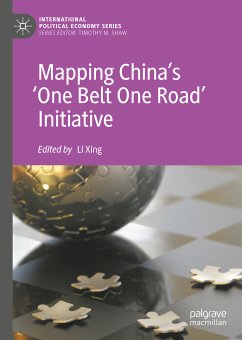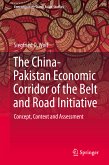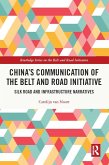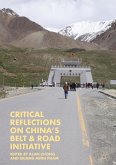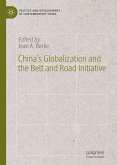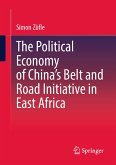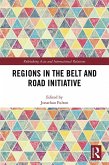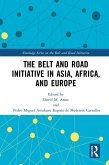'This book provides an authoritative overview, grounded in critical political economy, of the One Belt One Road (OBOR) initiative and will no doubt become a benchmark for future studies of this complex and ambitious project.' - Ian Taylor, University of St Andrews, Scotland
This book sets out to analyze how the OBOR initiative will influence the world's geo-political and geo-economic environment, with specific regard to the 'Belt and Road' countries and regions. It evaluates what opportunities the OBOR can offer them in light of the constraints they face, payingparticular attention to how security issues may keep some nations from fully participating. Questions are also asked about the tension and conflict along the 'Belt' and 'Road', which, after all takes in the Middle East's most tumultuous regions, as well as the much disputed South China Sea. Finally, consideration is given as to how the world's other economic powers will react when the OBOR inevitably brings about capital and resource competitions.
Li Xing is Professor and Director of the Research Centre on Development and International Relations at the Department of Culture and Global Studies, Aalborg University, Denmark. He is also Editor-in-Chief of Journal of China and International Studies.
Dieser Download kann aus rechtlichen Gründen nur mit Rechnungsadresse in A, B, BG, CY, CZ, D, DK, EW, E, FIN, F, GR, HR, H, IRL, I, LT, L, LR, M, NL, PL, P, R, S, SLO, SK ausgeliefert werden.

